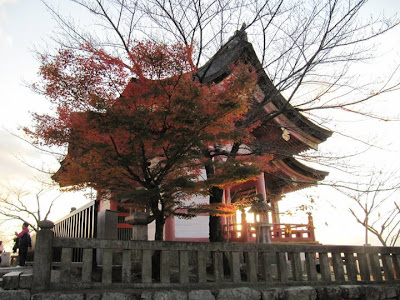




















With most of the official stuff taken care of and a green light to go to Tokyo I can turn my attention to the fun stuff. But I do not concern myself so much with how to speak Japanese, but more with what to say to the Japanese: I try to cultivate myself in a certain way in the hope of making myself a little bit immune for the culture shock which will inevitably take place after touchdown in Tokyo, and also to connect easier with the Japanese. I read novels by famous Japanese writers such as Haruki Murakami, Soseki Natsume, Kenzaburo Oë, and Yukio Mishima. I watch movies such as Tokyo!, Strawberry shortcakes, and Air doll. I watch youtube channels such as TheJapanChannelDcom. And I try to find music that reflects how Japanese culture is received in Europe, such as vive la fete’s song Tokyo. But more important than this (off course futile) endeavor of trying to make myself immune to culture shock will be that by doing this I have some common ground and thus something to talk about with my new friends in my dormitory: since I read similar books and watched similar movies.
However, one of the peculiar things about the Japanese is that they have been living on islands for centuries isolated from the rest of the world. Throughout their history there were never immigrations into their territory to mix things up a little, and they limited foreign influence as much as possible, which resulted in them having just one correct truly unique way of doing things all the way down to the smallest detail of everyday life. Any deviation is frowned upon and results in the perpetrator being shun by the Japanese. Therefore my capability of doing things the correct way is greatly reduced to the one of a small child: I will have to start at zero and mimic the people around me to properly conduct myself in the social and private space, regardless of how many Japanese classics I read.
It is for this reason that maybe my best preparation for going to Japan is to watch and be inspired by this Japanese artist who is the eighth most subscribed to youtuber of Japan. Not everything goes as planned for him: he is struck by a terrible nose itch from the start to finish of this rendition of the song. He did not prepare everything to the last intricate detail: I am sure my Japanese will sound as his English. But he is not afraid to put his heart and soul out there, and, maybe most importantly, is not afraid to make mistakes and to have fun with it.
Thanks for checking out my blog! On 15 July 2010 I will update my blog, detailing my latest adventures and travels, so stay tuned!
Cheers,
Pierre-Hendrik
